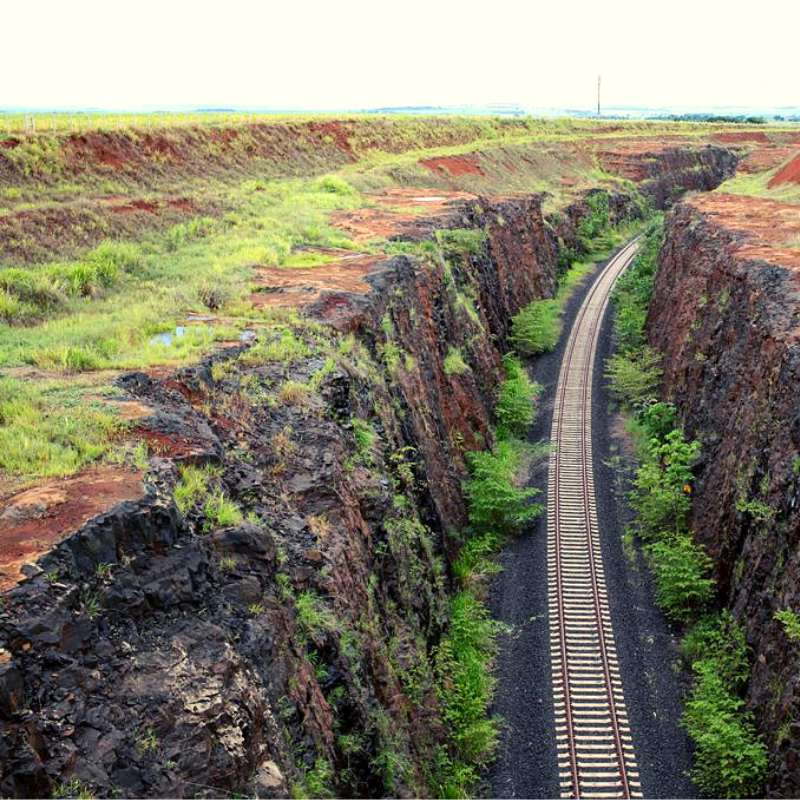To reduce the negative social and environmental impacts of freight transport

Brazil’s transport industry accounts for 49% of all greenhouse gas emissions in relation to the energy matrix, according to 2018 data from the Greenhouse Gas Emission and Removal Estimates System (SEEG). Brazilian cargo transportation is specifically dependent upon road transport and diesel fuel. Two changes are required to turn this scenario around: greater diversity of cargo transportation modes in Brazil, with a higher share of railway and water transportation (waterways and cabotage); and migrating to transportation energy sources that have a lower impact on people’s health and the environment.
The social and environmental risks of various scenarios have not been adequately incorporated into the early stages of the planning and regulation process for the development of Brazil’s logistics infrastructure. Decisions are strongly based on political preferences and, at most, economic feasibility of specific projects. Consequently, there is little room for pursuing and finding plans and projects that could become viable alternatives to achieve similar, or even better economic goals with lower environmental or social risks.
The Institute for Energy and Environment (IEMA) believes that making regional cargo transportation more sustainable requires legal and effective implementation of social and environmental criteria in the decision-making process for Brazil’s logistics infrastructure, lowering the risks posed on vulnerable communities and territories; as well as training of relevant and well-equipped players to influence the decision-making process for the transportation logistics infrastructure.